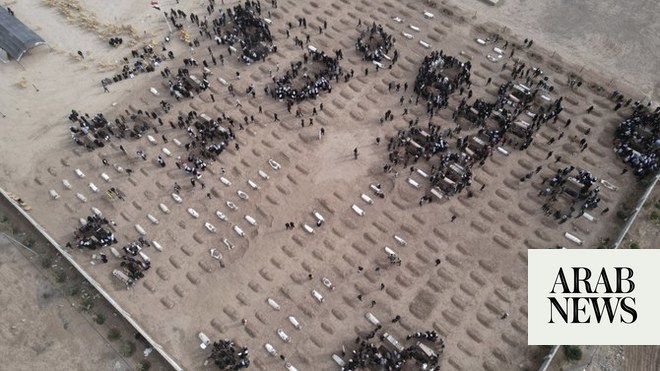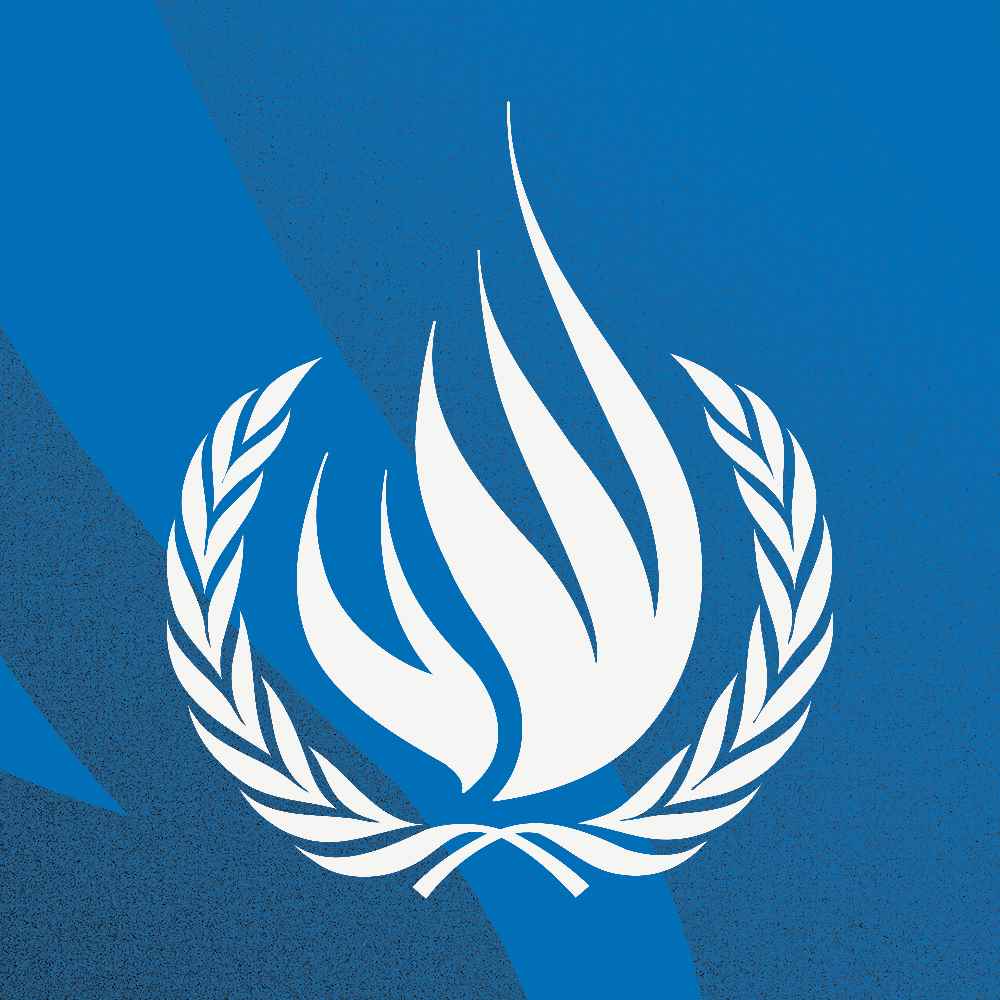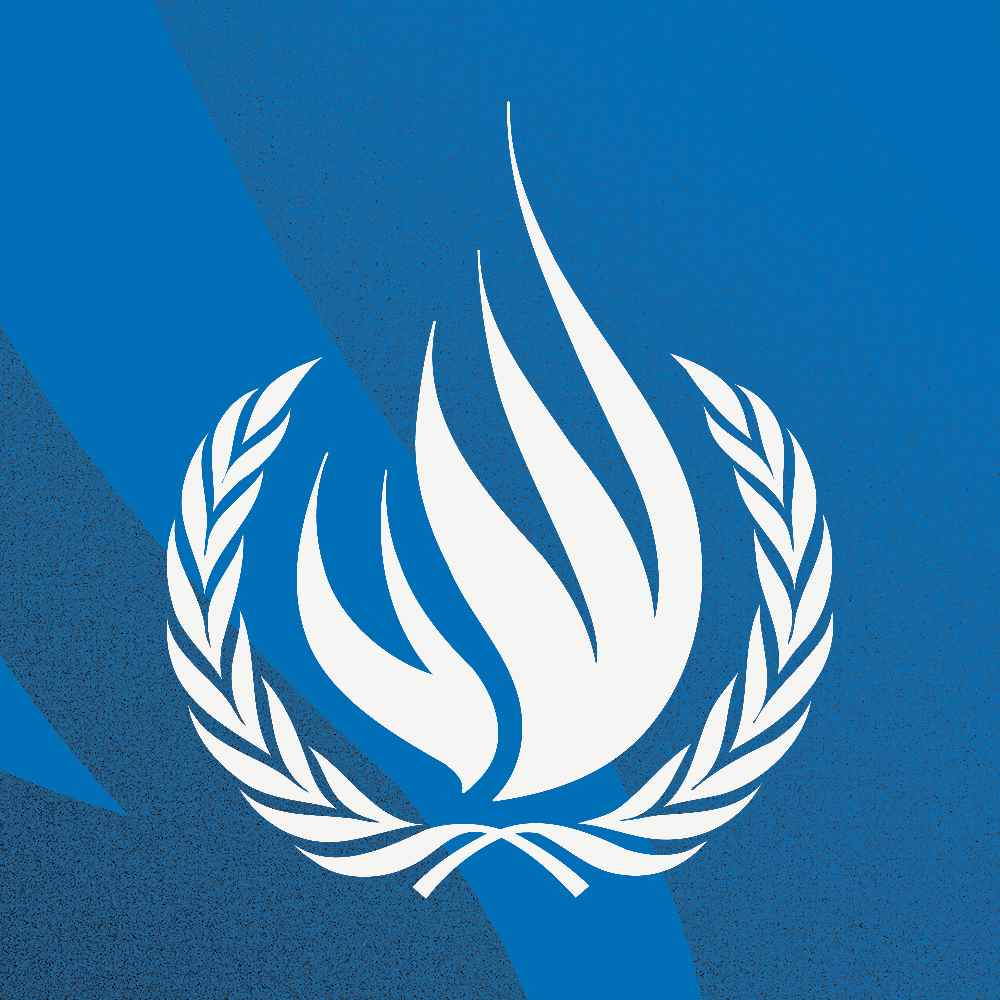
A group of UN human rights experts today expressed alarm at the growing practice of covert extraterritorial operations by State agents, including so-called extraordinary renditions, often in cooperation with the host State, and the secret detention and torture of captives.
"We are seeing a very disturbing increase in reports of enforced disappearances in the name of fighting terrorism, and we call on governments to investigate violations of human rights and international law by their own security services," the UN Working Group on Enforced or Involuntary Disappearances said in presenting its annual report to the 48th session of the Human Rights Council.
"Although we have received allegations concerning a number of countries on almost every continent, we likely are only seeing the tip of the iceberg," the experts said. The documented cases "are only a snapshot of what appears to be the increasing practice of forcible repatriations or involuntary returns by States acting on national security grounds at the expense of the fundamental rights and freedoms of the alleged victims," the report says.
"The vast majority of these cases appear to have contravened national and international law, including the prohibition of enforced disappearances, as provided for in the Declaration on the Protection of all Persons from Enforced Disappearance," the report says.
More than 40 years after the Working Group was set up, the experts said distinct patterns of enforced disappearance are emerging, and government agents are able to act with impunity.
In some cases, people "disappeared" while being expelled from one country to another, sometimes as part of covert operations, and often in violation of international laws prohibiting refugees and asylum-seekers from being returned to countries where they would be in danger. While many were expelled to a neighbouring country, some people said they were taken to several distant countries before being dumped thousands of kilometres from where they were abducted.
Some victims "disappeared" into secret prisons for between 24 hours and three weeks and were subjected to torture or ill treatment, "notably as a form of coercion to obtain their consent to voluntary return or to extract confessions," the report says. Family members often did not know where they were and frequently were subjected to reprisals for attempting to lodge complaints.
"We are alarmed by the reports which suggest that States are increasingly resorting to transnational transfers that lead to enforced disappearances with the participation, support or acquiescence of other States, in an attempt to capture their nationals or third country nationals, often under the pretext of counterterrorism," the Working Group said.
"It is particularly alarming that these practices appear to be rooted in security cooperation agreements among States whose precise terms are kept secret," they said. "This allows for the expulsion or apprehension of anyone deemed to be a security risk."
The cases examined by the Working Group were characterised by a disregard for the rule of law and legal safeguards aimed at protecting rights, and a lack of accountability for alleged violations.
"States must initiate independent and effective investigations into possible violations, hold perpetrators accountable and provide victims and their families with the right to an effective remedy," the report says. The experts also called on States to assess each person"s case individually to ascertain what risks to their rights people could face if sent back to their countries of origin.
In addition to presenting its report to the Human Rights Council, the Working Group is holding its 125thsession, where the five independent experts will examine 576 cases of alleged enforced or involuntary disappearances from 36 countries.
On the margins this session, the Working Group will also convene a virtual event on 24 September 2021 at 15h00 CET, to discuss the findings of the thematic report and outline future initiatives aimed at ending enforced disappearances. The event credentials are as follows:
https://zoom.us/j/98864973993?pwd=elY0eXlXNEFLcFMzaVNacTZEZFMvUT09
Registration: https://indico.un.org/event/36799/
Meeting ID: 988 6497 3993
Passcode: 659758
ENDS
*The Working Group on Enforced or Involuntary Disappearances is comprised of five independent experts from all regions of the world. The Chair-Rapporteur is Mr. Tae-Ung Baik (Republic of Korea) and the Vice-Chair is Mr. Henrikas Mickevicius (Lithuania); other members are Ms. Aua Baldé (Guinea-Bissau), Ms. Gabriella Citroni (Italy), and Mr. Luciano Hazan (Argentina).
The Working Group was established by the then UN Commission on Human Rights in 1980 to assist families in determining the fate and whereabouts of disappeared relatives. It endeavours to establish a channel of communication between the families and the Governments concerned, to ensure that individual cases are investigated, with the objective of clarifying the whereabouts of persons who, having disappeared, are placed outside the protection of the law. It also provides assistance in the implementation by States of the UN Declaration on the Protection of All Persons from Enforced Disappearance .
The Working Groups are part of what is known as the Special Procedures of the Human Rights Council. Special Procedures, the largest body of independent experts in the UN Human Rights system, is the general name of the Council"s independent fact-finding and monitoring mechanisms. Special Procedures mandate-holders are independent human rights experts appointed by the Human Rights Council to address either specific country situations or thematic issues in all parts of the world. They are not UN staff and are independent from any government or organization. They serve in their individual capacity and do not receive a salary for their work.
Watch and learn more about the history of the Working Group, and on how to submit a case to the Working Group.
For more information and media requests, please contact Mr. Ugo Cedrangolo: ugo.cedrangolo1@un.org or ohchr-wgeid@un.org
For media enquiries regarding other UN independent experts, please contact Jeremy Laurence (+ 41 22 917 7578 / jeremy.laurence@un.org).
Follow news related to the UN"s independent human rights experts on Twitter @UN_SPExperts.
Concerned about the world we live in?
Then STAND UP for someone"s rights today.
#Standup4humanrights
and visit the web page at
http://www.standup4humanrights.org










